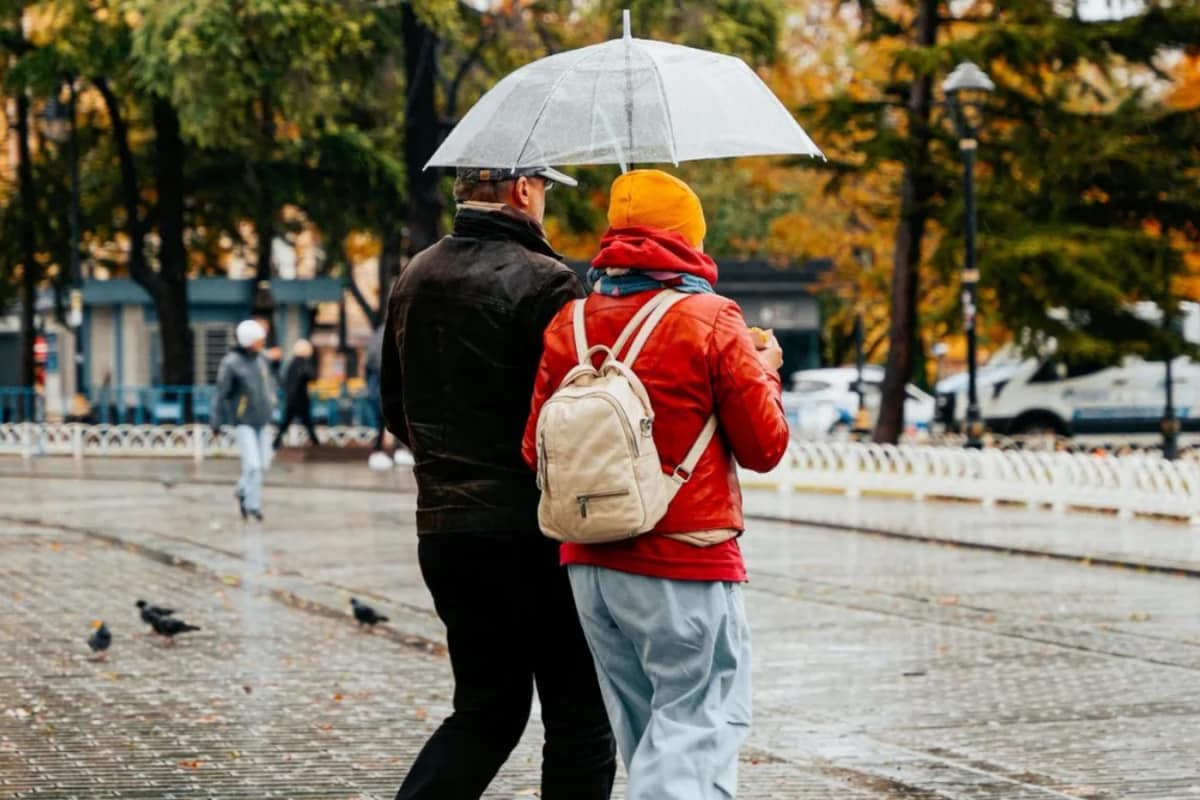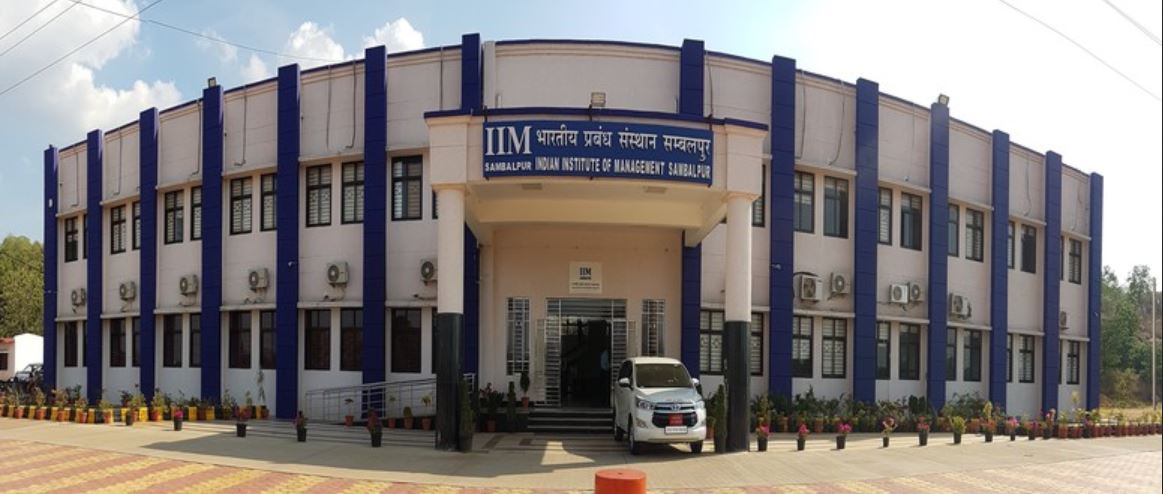Danda Nacha fails to fade with time
With the passage of time, many folk dance forms have vanished into oblivion but Danda Nacha (punishment dance) continues to hold relevance in Ganjam, Boudh, Kandhamal and Sambalpur districts. It is performed in ‘Chaitra’ and begins 21 or 13 days prior to Bisuba Sankranti.
Despite the dance form having stringent rituals, the number of participants is increasing every year.
According to historians, ‘Danda Nacha’ started 400 years back when the kings punished people, who did not pay taxes, by making them walk barefoot throughout the village. The intention was to inflict pain. The villagers, unable to revolt, prayed Goddess Kali to give them the strength to bear the punishment.
The artistes who perform the dance are called as ‘danduas’ and there are over 100 distinct groups of ‘danduas’ in various districts. Here, ‘Danda Nacha’ is held for 21 days wherein the ‘danduas’ worship Goddess Kali and Lord Shiva and stay away from their family members.
Interestingly, although the dance has a number of restrictions and rituals, there is no bar on the caste of danduas’. A Scheduled Caste can even participate by wearing a sacred thread during the period.
The dance is performed in three phases namely ‘pani danda’, ‘dhuli danda’ and ‘agni danda’. The dances are performed in front of houses of those who invite them bound by a religious vow. While performing ‘dhuli danda’, ‘danduas’ start the performance in the morning and bear the pain of sleeping on sand during scorching heat.
During sunset, they enter ponds and remain there for over an hour as per the rituals. The last phase, ‘agni danda’ begins at the midnight during which Goddess Kali and Lord Shiva are worshipped.
A group consists of 30 to 800 ‘danduas’ and each group is controlled by a ‘patta dandua’ (bhukta). He confines himself to the temple of Kali and comes out on the day of ‘Bisuba Sankranti’ after the last rituals are performed by his group members. Bhukta plays the crucial role by hanging himself upside down over a fire pit near a Kali temple till drops of blood ooze out from his nose and falls into the fire.
The ‘danduas’ after completing the 21-day ordeal, visit the Kali temples to offer prayers on the day of ‘Bisuba Sankranti’.
Related
This site uses Akismet to reduce spam. Learn how your comment data is processed.






 IIM Sambalpur
IIM Sambalpur
Leave a Reply